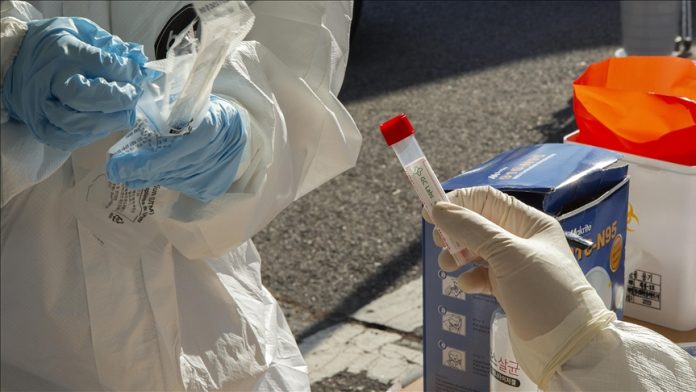The number of patients hospitalised with the diagnosis of COVID-19 has risen sharply in South Korea recently amid the virus’ summertime activation across the country, health authorities said on Friday.
According to the Korea Disease Control and Prevention Agency (KDCA), the number of people hospitalised in 220 hospitals nationwide for COVID-19 in the first week of August was 861, the highest since early February.
The figure rose rapidly from 148 in the second week of July to 226 in the third week and 475 the following week. KDCA chief Jee Young-mee said:
“The risk of respiratory infections rises in summer as indoor places are not fully ventilated and people-to-people contacts can grow during vacation. It is crucial to abide by basic hygiene rules.”
Authorities expect this trend to continue until the end of this month.
The latest wave is caused by the KP.3 sub-variant of the fast-spreading Omicron variant, which accounted for 45.5 per cent of all cases in July. Among inpatients this month, 65.2 per cent were aged 65 and older, while 18.1 per cent were aged 50-64.
Despite the sharp rise in the number of patients, more than 90 per cent of them suffer from mild symptoms and the country is able to cope with the situation under the existing healthcare system.
However, the government has decided to step up surveillance of the elderly and other at-risk groups and redouble efforts to ensure a steady supply of medicines and test kits. In addition, the vaccination campaign will resume in October, with at-risk groups receiving vaccines free of charge.
